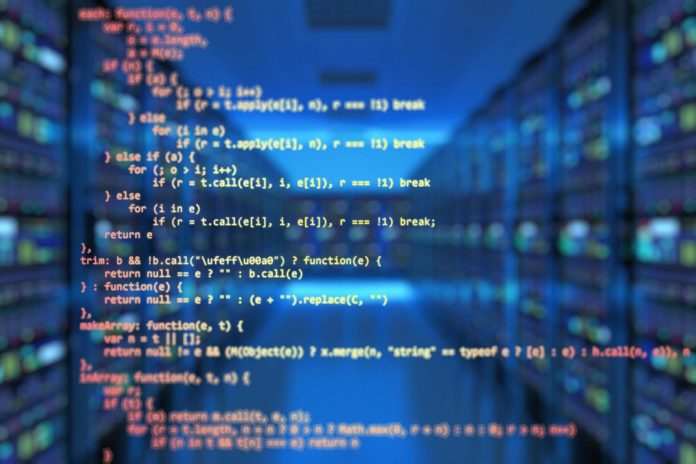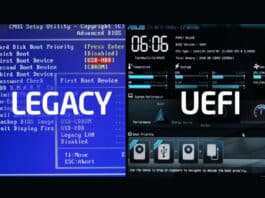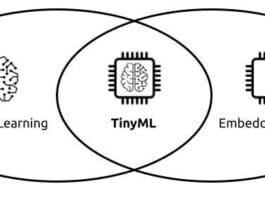Let’s unveil the profound impact of system and function calls, demystifying the interplay between software and hardware that happens in nanoseconds.
In the field of open source, most primary operating systems are *nix based. These operating systems are crucial when it comes to software engineering. Even in interviews with top-tier tech companies, operating systems are almost always integral to the discussion.
In this article, we delve into one of the pivotal aspects of operating systems: system and function calls. Essentially, our goal is to understand the intricacies of what occurs when any action is performed on our computer system. We seek to understand how tasks are executed and explore the various methods used for these executions.
Before we proceed, let us understand the concept of the kernel in an operating system. The kernel is the central most part of the operating system. It is a protected area of the OS that is inaccessible to all users. It is the kernel that maintains direct contact with the computer’s hardware.
Now let us define a system call. When any process on your computer system, such as running a program, requires hardware access, it will communicate or request the kernel to execute the action required. Basically, the process sends a request to the kernel to fulfil a specific task. During this time, the machine gets temporary privileged access to the kernel, if the call is permitted. It performs the required task, and we then go back to the user privileges. This transition is called context switching.
fork() and exec()
Two of the most popular system calls are fork() and exec(). Fork is used to create a new process, while exec helps associate and run a process with a task. Now what is a function call? A function call invokes a set of statements defined, but in the user space, not the kernel space. If a function call requires hardware utilisation, it will have to go through the kernel through a system call only.
Now obviously, invoking a system call takes longer than a function call. This is because, when a system call is made, the context should first change from user to kernel, execute the task, and then switch back to the user context. This will take much longer than a simple function call.
Open up a new text editor and type the following code:
#include <sys/time.h>
#include <unistd.h>
#include <assert.h>
#include<stdio.h>
int foo(){
return(10);
}
long nanosec(struct timeval t);
{
return((t.tv_sec*1000000+t.tv_usec)*1000);
}
int main()
{
int i,j,res;
long N_iterations=1000000;
float avgTimeSysCall, avgTimeFuncCall; struct timeval t1, t2;
res=gettimeofday(&t1,NULL);
assert(res==0);
for (i=0;i<N_iterations; i++)
{
j=getpid();
}
res=gettimeofday(&t2,NULL);
assert(res==0);
avgTimeSysCall = (nanosec(t2) - nanosec(t1))/(N_iterations*1.0);
res=gettimeofday(&t1,NULL);
assert(res==0);
for (i=0;i<N_iterations; i++)
{
j=foo();
}
res=gettimeofday(&t2,NULL);
assert(res==0);
avgTimeFuncCall = (nanosec(t2) - nanosec(t1))/(N_iterations*1.0);
printf(“Average time for System call getpid : %f\n”,avgTimeSysCall);
printf(“Average time for Function call : %f\n”,avgTimeFuncCall);
}
In this code, we are taking very simple system and function calls and running them multiple times, calculating averages of all the calls to get an accurate value. We are measuring the time in nanoseconds, as the durations are that short!!
You will see in the output, as shown in Figure 1, that the system call takes approximately ~452 nanoseconds whereas the function call requires only ~1.6 nanoseconds, which is way less!! This proves that context switching is a huge overhead during function calls, emphasising the need for caution.

This was very interesting, wasn’t it? Linux is fascinating and the fact that we can experiment and learn on it adds to its allure. So, never stop exploring and learning — the deeper you go, the more fun it is!!




